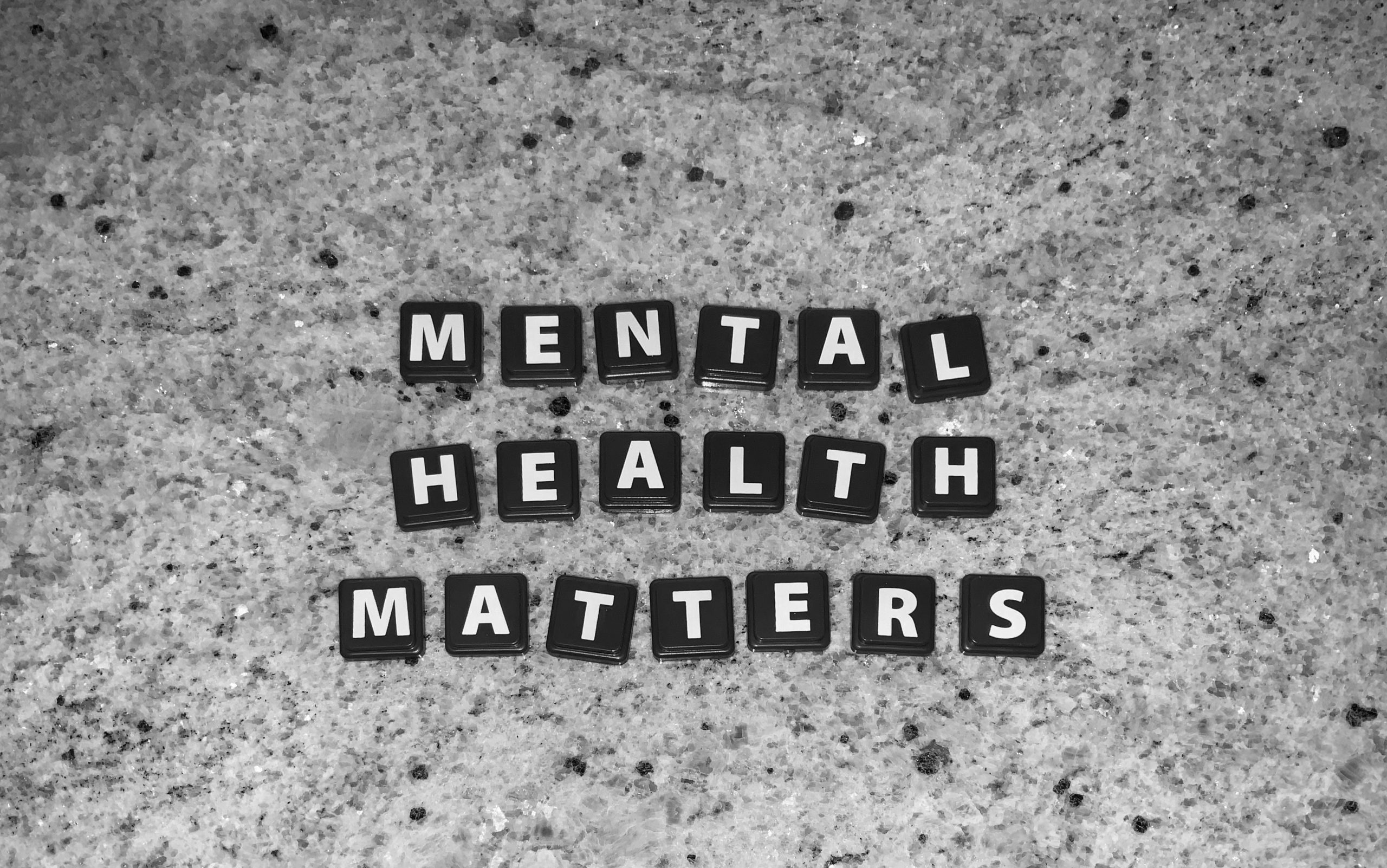What the Day Marks
Every year on August 30th, National Grief Awareness Day is observed to raise awareness for the many ways people cope with loss. The day is significant for those who are suffering, and it also encourages us to help those who are experiencing grief in their lives.
National Grief Awareness Day, founded by Angie Cartwright in 2014, hopes to encourage open communication on loss and bereavement and better inform the public on the facts of grief.
Cartwright chose this date, in particular, as it was the date of her mother’s birthday. Angie’s life has been shaped by deep loss, beginning with the death of her baby sister when she was a young girl, followed by the death of her favourite uncle who committed suicide, then by her newlywed husband in a fatal car accident when she was 21. The death of her mother from an accidental overdose then occurred in 2010. Cartwright noted that she “finally realised that there was only one thing I could ever do to be free. It was to embrace my humanness.“

What Grief Encompasses
Grief is a natural response to losing someone or something that’s important to you. After a loss you may experience any of the following:
Sadness or depression: This can be triggered by the realisation of the loss and can result in you isolating yourself while reminiscing on things you did with your loved one or recalling past memories.
Shock, Numbness, or disbelief: Since our minds are wired to protect us from pain, some people may feel numb after a loss. Shock protects you from being overwhelmed emotionally, especially in the early phases of bereavement, and it can persist for a long time. Feeling numb also helps you to process what has happened at your own pace.
Panic and confusion: We may be left wondering how we will replace the void created in our lives after the loss of someone dear to us, and we may feel a sense of a disrupted identity.
Anger or hostility: It is rather difficult to lose someone you care for, and it might even seem unjust. You may get enraged or frustrated and want to find something or someone to blame for the loss in order to make sense of it.
Feeling overwhelmed: Grief may strike some people suddenly and intensely, leading them to feel as if they are unable to cope. Emotions may also seem overpowering resulting in people feeling as if they do not know how to cope. However, it’s a matter of living with these feelings as they fade over time.
Relief: When someone passes, you may feel relieved, especially if the person has died after a prolonged illness and if the person was suffering for a very long time. Relief is a natural reaction, and it does not imply that you do not love or care about the individual.
Mixed feelings: This is natural, especially if your relationship with the individual was difficult. Hence, you may find that you feel a mix of emotions like sadness, anger, guilt, and anything in between.
Everyone deals with grief differently. Some people find that expressing their emotions and talking to people is a good way to combat their grief, whilst others prefer to take things in stride and deal with their emotions by themselves. Regardless of this, there is no right or wrong way to feel following a loss.

What the Stages of Grief are
Denial – feelings of disbelief, panic or confusion are common here as being in denial is a defence mechanism. Denying the situation gives you more time to gradually absorb the news and begin to process it. For example, during a breakup or a divorce – “They’re just upset. This will be over tomorrow.”
Anger – you might direct it toward yourself, someone else, a greater force, or life in general. It is also natural to feel resentment toward a loved one who has passed away and left you alone. Anger acts as a masking effect that hides all the emotions that you may hold. For example, a terminal illness diagnosis: “Where is God in this? How dare God let this happen!”
Depression – feeling as if you have lost perspective is the next stage of grief. You may also choose to isolate yourself from others in order to fully cope with the loss. Signs of depression include crying, difficulties sleeping, and a decreased appetite. For example this is often times also the result of losing a job or serious changes in your life: “I don’t know how to go forward from here.”
Bargaining – it is common to try and regain control or feel like you can influence the outcome of an event while you’re facing powerful emotions. It helps you postpone the sadness, confusion, or hurt. For example, a death of a loved one: “If only I had called her that night, she wouldn’t be gone.”
Acceptance – acknowledging the implications and the new circumstances of the loss and being prepared to move forward in a new direction. It doesn’t mean you’ve moved past the grief, but it does, however, mean that you’ve accepted it and have come to understand what it means in your life now. For example, a terminal illness diagnosis: “I have the opportunity to make sure I get to do what I want in these final weeks and months.”

What You Can Do
Temporary escapes to try to suppress your feelings are unlikely to make you feel better in the long term or heal you any faster than you can on your own. Instead, you should look for opportunities to:
- Give yourself time. Accept your feelings and know that grieving is a process.
- Talk to others. Spend time with friends and family. Don’t isolate yourself.
- Take care of yourself. Exercise regularly, eat well and get enough sleep to stay healthy and energized.
- Draw comfort from your faith. If you follow a religious tradition, embrace the comfort its mourning activities can provide. If you’re questioning your faith in the wake of the loss, talk to a clergy member or others in your religious community.
- Return to your hobbies. Get back to the activities that bring you joy.
- Join a support group. Speak with others who are also grieving. It can help you feel more connected.
How to Observe Grief Awareness Day:
- Support a grieving friend. It is a day to be an additional shoulder for a friend who has been honest with you and shared a recent story of grief or loss. While respecting that everyone deals with their emotions in various ways, offer to help your friend in whatever manner they need.
- Engage in self-care. Rather than striving to squeeze yourself into a predetermined “grieving schedule,” remember that there are no specific approaches to grief. Practising self-care can enable you to pick yourself up again.
- Post #NationalGriefAwarenessDay. By sharing what you’ve learned on social media, you can help educate the public about grief. Providing a space for people to read and share their experiences of loss can be very beneficial.
